Justice is incidental to law and order
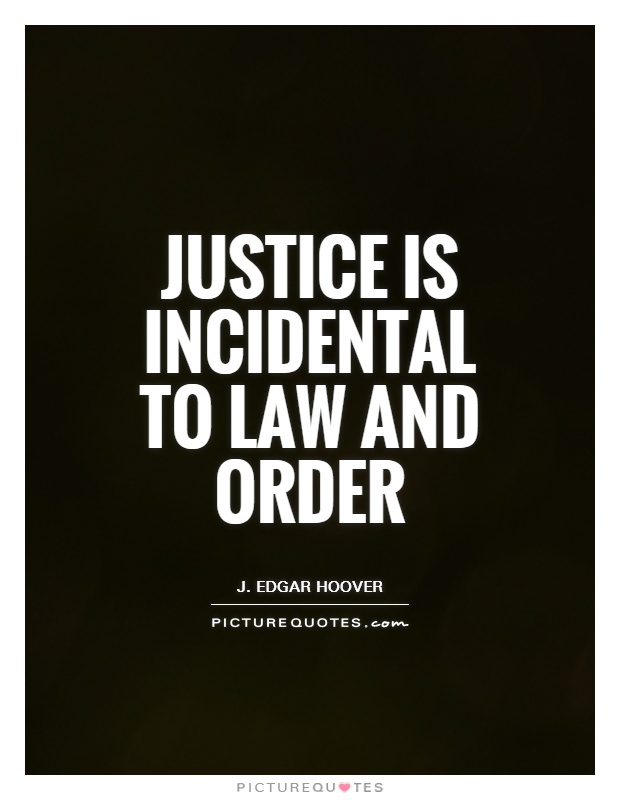
Justice is incidental to law and order
J. Edgar Hoover, the first Director of the Federal Bureau of Investigation (FBI), is a controversial figure in American history. While he is often credited with modernizing and professionalizing the FBI, his methods and tactics have also been heavily criticized. One of the key aspects of Hoover's leadership was his belief that justice was incidental to law and order.Hoover believed that maintaining law and order was the primary goal of law enforcement, and that justice was secondary. This belief was reflected in his approach to policing, which often prioritized the suppression of dissent and the targeting of political enemies over the pursuit of justice for all. Hoover's FBI was known for its aggressive tactics, including illegal surveillance, wiretapping, and harassment of individuals deemed to be threats to national security.
One of the most infamous examples of Hoover's disregard for justice in the pursuit of law and order was his targeting of civil rights leaders, including Martin Luther King Jr. Hoover saw the civil rights movement as a threat to the social order, and he used the resources of the FBI to undermine and discredit its leaders. This included the infamous COINTELPRO program, which sought to disrupt and neutralize civil rights organizations through covert and often illegal means.
Hoover's belief that justice was incidental to law and order also extended to his handling of organized crime. While the FBI was successful in dismantling some organized crime syndicates during Hoover's tenure, critics argue that his focus on high-profile arrests and public relations victories often came at the expense of true justice. Hoover's tactics, which included illegal wiretapping and blackmail, raised serious ethical concerns and undermined the credibility of the FBI.
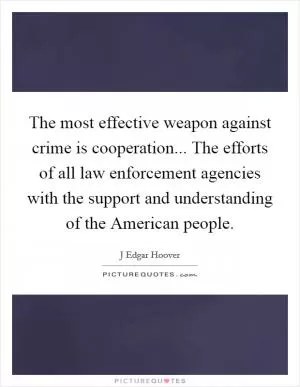


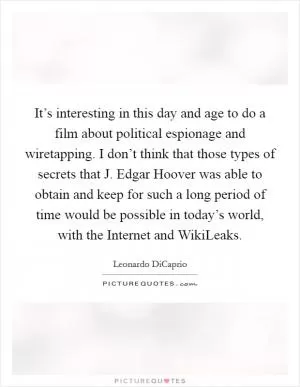
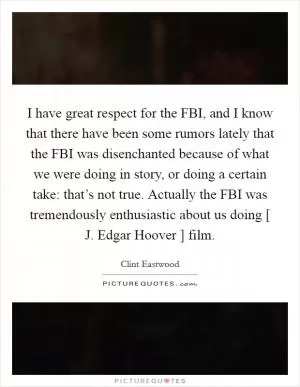
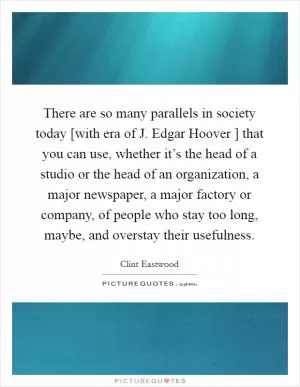


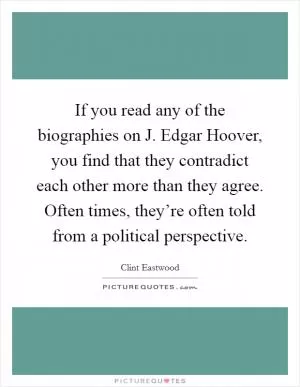

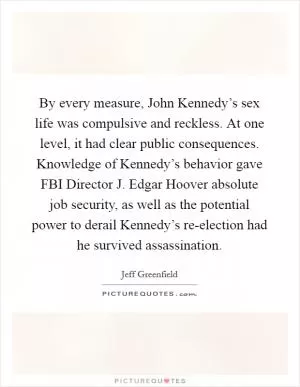
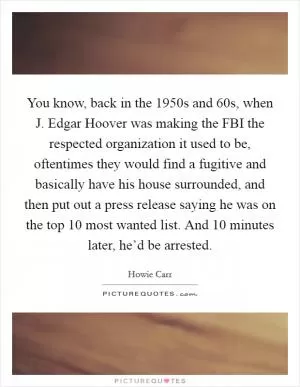
 Friendship Quotes
Friendship Quotes Love Quotes
Love Quotes Life Quotes
Life Quotes Funny Quotes
Funny Quotes Motivational Quotes
Motivational Quotes Inspirational Quotes
Inspirational Quotes